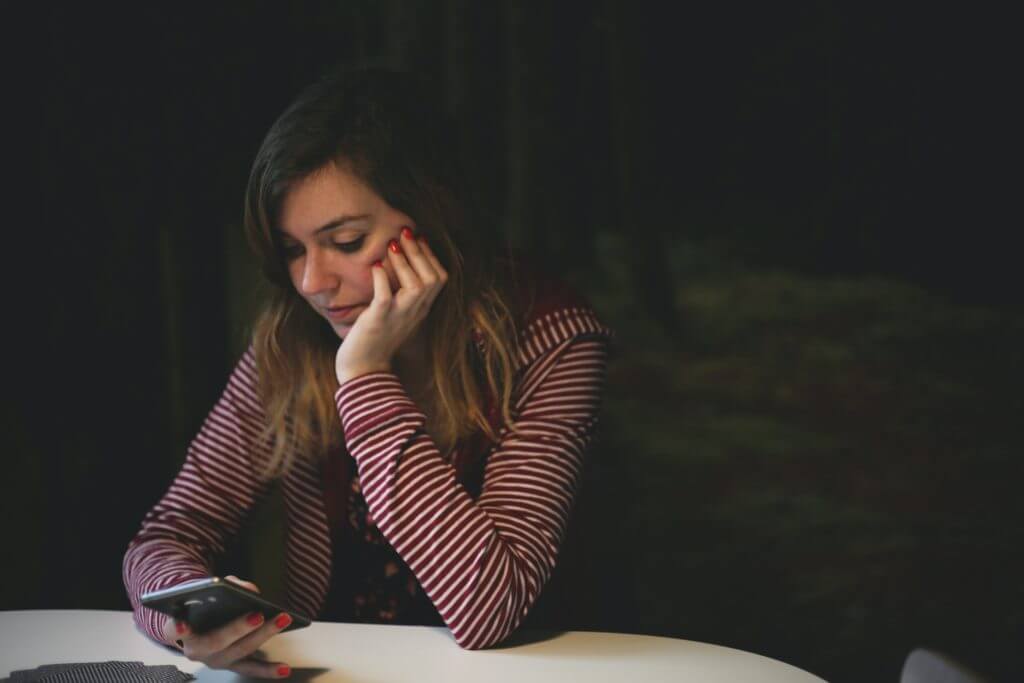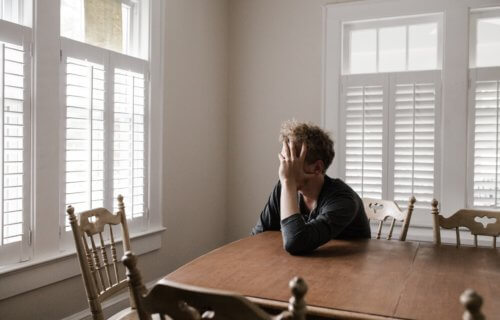VIENNA, Austria — Tired of being alone? Ironically, you’re not the only one. Fascinating new findings reveal that social isolation can actually drain our energy and leave us feeling overly tired. Scientists from the University of Vienna say people reported higher levels of tiredness after eight hours of social isolation.
This research took place in a lab setting, as well as lockdowns during the COVID-19 pandemic. All in all, study authors believe these findings suggest that the human body may naturally lower energy levels in response to social isolation. It’s important to note, however, that this response varied based on individual social personality traits.
Loneliness is just like hunger
Everyone needs food. If we don’t eat for a long time, our bodies respond with a series of biological processes that create the craving sensation typically known as hunger. Beyond just sustenance, as a social species, we also need other people to survive. Scientific evidence shows that when we don’t see others for a long time, it induces a craving response in our brains comparable to hunger, motivating us to reconnect.
One theory, dubbed the “social homeostasis” hypothesis, suggests there is a dedicated homeostatic system in charge of autonomously regulating the human need for social contact. Still, modern science understands very little when it comes to the psychological responses to social isolation. It’s also unclear how these findings may translate to social isolation experienced during daily life, including the unique context of the COVID-19 lockdowns.
So, a group of scientists led by Giorgia Silani from the University of Vienna set out to investigate the effects of social isolation using comparable methodology across two distinct contexts: a lab setting and at home during COVID-19 lockdown. During the experiment, 30 female participants came into the lab on three separate days and spent eight hours without any social contact, or without food, or with both social contact and food. At various times throughout that period, the team asked each participant to rate their stress, mood, and fatigue, while researchers recorded physiological stress responses, such as heart rate and cortisol levels.
Next, to validate the results of the lab experiment, scientists compared that data with information from a study conducted during the lockdown in Austria and Italy in spring 2020. That study featured 87 participants who spent at least an eight-hour period in isolation. Researchers also assessed the participants in this earlier study according to the same measurements several times a day for seven days.
“In the lab study, we found striking similarities between social isolation and food deprivation. Both states induced lowered energy and heightened fatigue, which is surprising given that food deprivation literally makes us lose energy, while social isolation would not,” first authors Ana Stijovic and Paul Forbes say in a media release.

Participants who lived alone during COVID-19 lockdowns, and were generally more sociable, tended to report lower energy on days they were in isolation. Besides just feeling lethargic, study authors theorize extended lack of social contact could eventually result in even more detrimental effects of some kind.
“It is well-known that long-term loneliness and fatigue are related, but we know little about the immediate mechanisms that underlie this link. The fact that we see this effect even after a short period of social isolation suggests that low energy could be a ‘social homeostatic’ adaptive response, which on the long run can become maladaptive,” Silani explains.
Since both contextual and personality factors modulated the effect of social isolation on fatigue, the research team says future studies should focus on identifying individuals who are most at risk from the effects of isolation.
The study is published in the journal Psychological Science.


Given the insanity that is our “society” currently I can state, categorically, that if I never engage with any of the “walkers” I observe daily it would be possibly the greatest gift I’ve ever received.
Walt.
I totally agree with you.